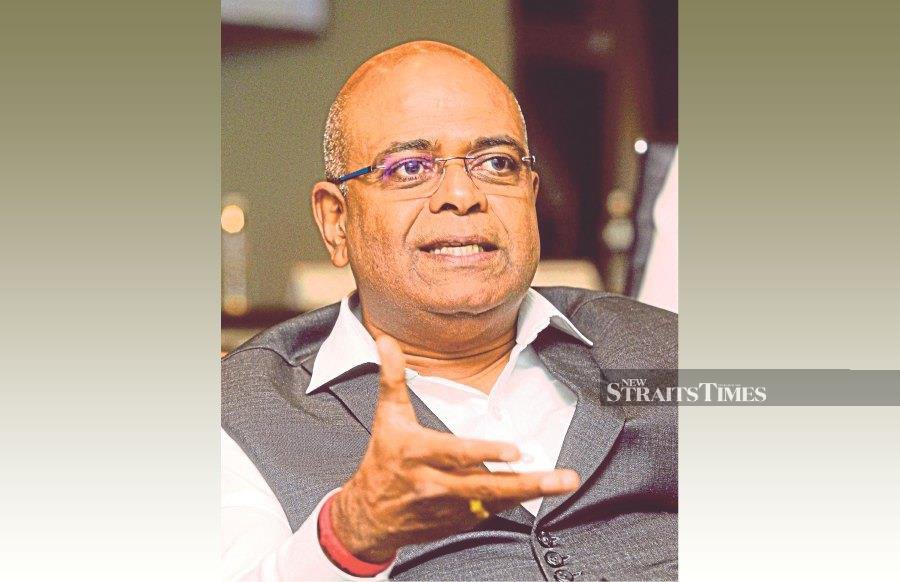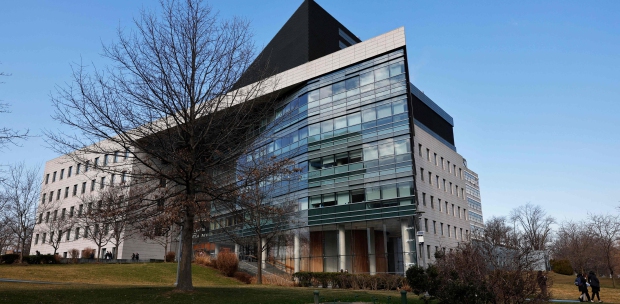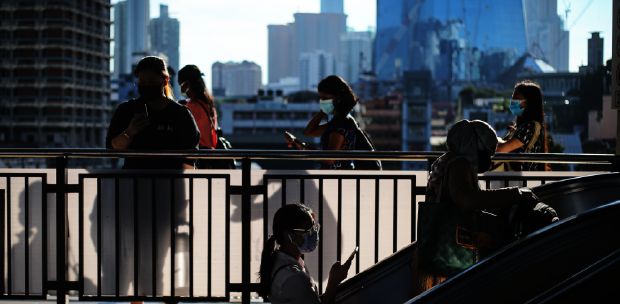The government should gradually reduce recognition of foreign medical schools and introduce a common exit examination for all Malaysian medical graduates who intend to serve the nation.
Deputy president of the Malaysian Association of Private Colleges and Universities, Professor Dr Pradeep Nair, suggested these measures to obtain
long-term solutions to the contractual predicament of junior doctors.
"Over the years, private medical schools have become convenient scapegoats for what is claimed to be an excessive number of medical graduates in this country.
"Malaysia annually has 5,000 to 6,000 doctors who need housemanship training, and of this total, about 50 to 60 per cent are locally trained and the rest are international graduates.
"We recognise 330 international medical schools and we also have Malaysians graduating from unrecognised medical schools, who may seek provisional registration and housemanship opportunities by appearing for an examination run by the Malaysian Medical Council.
"It will be worthwhile to compare our recognition of overseas medical qualifications with Singapore, which recognises 158 medical institutions.
"However, since Jan 1, 2020, the number of overseas medical schools recognised in Singapore has been whittled down to 103 to offset the increased number of local graduates.
"While similar action was proposed, progress in Malaysia has been painfully slow."
Citing a 2017 study by Penang Institute, Dr Pradeep said poorer performers among foreign medical graduates often had their housemanship extended and constituted about 60 per cent of dropouts from the training.
Therefore, he said, the government should consider some other steps besides a moratorium on the number of medical programmes in the country and limits on intakes.

"The government should consider a phased reduction in the number of overseas schools we recognise. They must also exercise a scheduled discontinuance, with sufficient notice, of the provisional registration examination for unrecognised graduates.
"A common competencies checklist should be introduced for all Malaysian medical undergraduates studying locally or abroad.
"This is in tandem with the latest MMC undergraduate standards document for medical schools. The implementation has been delayed by the pandemic.
"A common exit examination must also be introduced for all Malaysians (medical graduates) intending to work in Malaysia, overseen by a regulatory body of stakeholders from MMC, the Health and Higher Education ministries and universities."
Dr Pradeep also suggested that the government consider allowing housemanship in the private sector through smart partnerships between medical schools and private medical centres.
Such arrangements, he said, were currently in place in Australia under the Commonwealth Medical Internship programme.
"In 2009, the housemanship period was extended to 24 months, without proportionately increasing the number of posts required for the extended training period, which consequently compounded the shortage of posts available.
"There were 38 public hospitals for housemanship training in 2009 compared with 48 in 2019, excluding the Universiti Malaya Medical Centre, Hospital Universiti Kebangsaan Malaysia and Hospital Universiti Sains Malaysia.
"However, an increase of 10 hospitals is still inadequate to cater to the rising number of graduates requiring housemanship placement.
"This is an area that will need to be looked into to ensure more hospitals are gazetted for the training of housemen."
Dr Pradeep welcomed the government's recent announcement to extend the contract of medical officers but stressed the need for long-term solutions.
"It will extend a lifeline to junior doctors and improve their morale and as for the government, there will be manpower that can be deployed to areas that need medical personnel.
"Pushing the envelope further, the government could also tie permanent tenure and specialist training to service in the rural and public health sectors.
"This has long been practised in Thailand.
"This extension will provide some respite, but long-term solutions to train and retain specialists need to be thought of and implemented."





